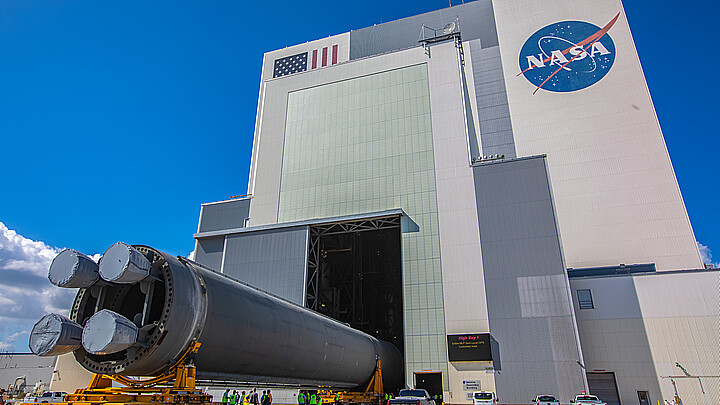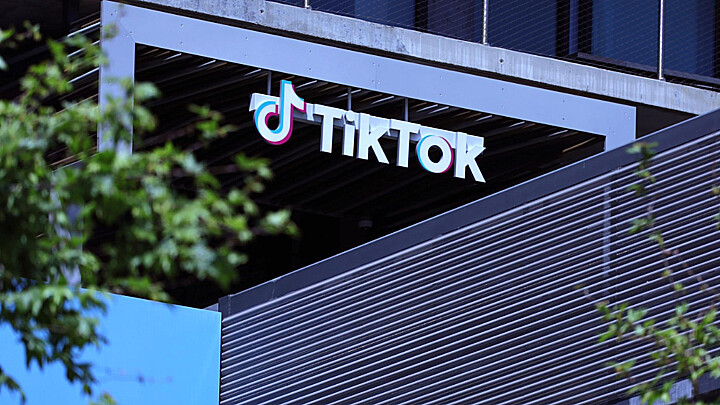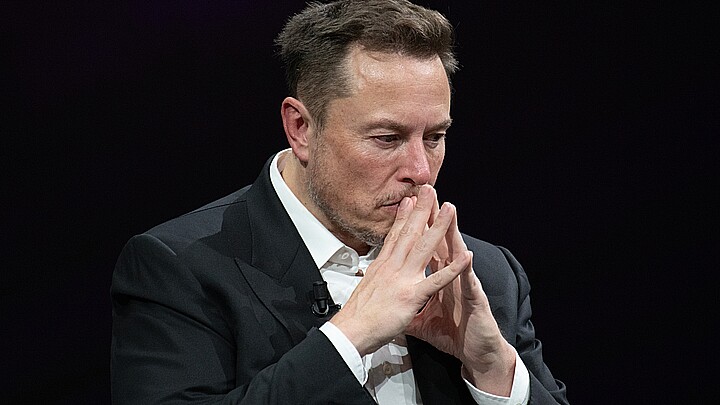Technology
Gmail, the Google service that revolutionized emails, turns 20 years old
At that time, Yahoo and Microsoft email users could only store 30-60 emails for free

April 1, 2024 4:23pm
Updated: April 2, 2024 8:11am
Google's Gmail email service turned 20 years old on Monday, two decades since it managed to revolutionize the market by offering a free service that had almost 1 gigabyte of storage per account so that users could “keep their emails forever.”
“Gmail is a free search-based webmail service with a storage capacity of up to 8 billion bits of information, the equivalent of 500,000 pages of email. Per user,” the company noted in a statement.
At the time, Yahoo and Microsoft email users could only store 30 to 60 emails for free, and Gmail promised to store around 13,500 emails before running out of space.
Now, each Google account includes 15 GB of shared storage between Gmail, Google Drive and Google Photos and users who need more space can purchase it. Other novel aspects of Gmail were its message filter and its anti-advertising or 'spam' filtering.
“It turns annoying spam emails into the equivalent of canned meat,” the 2004 release humorously noted.
The launch of the revolutionary platform, which was developed by Paul Buchheit's team, coincided with the celebration of April 1 Fool's Day. The product was so innovative that many people who read the company's announcement believed it was just a joke or part of a prank.
Apprehension about the announcement also stemmed from the reputation of Google co-founders Larry Page and Sergey Brin as pranksters, who in previous years advertised various fake products on April 1.
But their technological development was no joke.
The email service now has approximately 1.2 billion users worldwide, according to The Verge, and email addresses, for many, have become a key to enter other applications.
Over time, Gmail has added services, such as chats, video calls or even the possibility of having help from Google's artificial intelligence to write emails.
Despite the app's popularity, Google now competes with other online messaging services such as Slack and WhatsApp.










